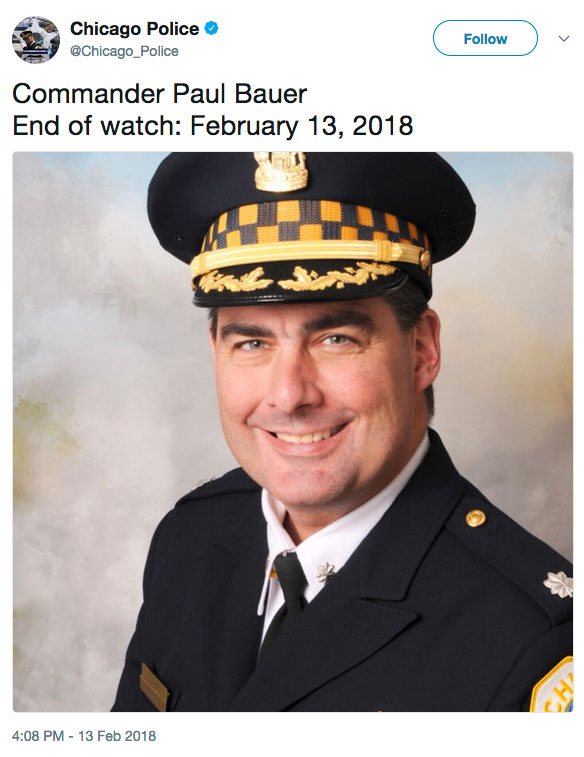Courting Disaster
Patriarchy & the Violence of Fatherless Men
February 16, 2018
On Tuesday I served on jury duty. About 2 PM, along with several dozen prospective jurors, I was ushered into an Illinois State criminal courtroom. The judge was seated. On the left side sat the defendant, a young man, with his defense attorney. Directly in front of us, at a table facing the judge, were seated two men and one woman, in black, from the state's attorney's office. Three state prosecutors? It looked like trouble to me.
Sure enough. The judge instructed us that we were to judge the guilt or innocence of the defendant on one count of first-degree murder and on three counts of assault with a deadly weapon.
It was a grim courtroom. This was not television. One man was dead, three injured (one paralyzed, one blinded). The life of the accused man might be over. I did feel pity for him, if found guilty, a young wasted life, in a far country, estranged from the heavenly Father.
In reply to the judge's interview questions, I affirmed that I have a family member who is a policeman, I know other policemen, and I have been the victim of armed robbery. The judge accepted me as a juror, but the defense objected. I was sent home.

As soon as I turned on my car radio in the courthouse parking lot, I heard about the killing of Chicago Police Commander Paul Bauer that had occurred about an hour earlier.
In another Illinois State government building downtown, Cdr. Bauer had earlier attended a seminar on responding to "mass shootings." On his police radio, he heard a description of a dangerous armed suspect nearby. He saw the man in flight and confronted him in a stairwell, where the two struggled and fell; the suspect then shot Bauer—6 times—killing him.
The next day, Valentine's Day, we heard of a "mass shooting" of high school students in Florida. The 19-year-old killer escaped the scene of the murders, but a clear description of him went out to the police. The Chicago Tribune reports:
Officer Michael Leonard spotted [Nikolas Cruz]. . . . But Leonard said he hesitated, just for a moment. "He looked like a typical high school student," said Leonard. Leonard called out. The young man didn't run. He laid down on the grass, and the handcuffs went on.
Senior Editor Robert P. George commented on Facebook:
. . . These crimes are almost always committed by men, frequently young men (and sometimes even boys). So the very first question I want to know the answer to is this: What do we know about the perpetrator's father and the young man's relationship with him? . . . [T]ime after time the answer has been that the father is (and was) absent (for one reason or another) from the boy's life or had virtually no relationship to the son or effective authority over him. . . . The question of the perpetrator's father and the relationship between father and son is not the only question. But for me it is the first one.
I would be surprised if fatherlessness were not the number one predictor of criminality. I recall hearing a veteran Texas prison chaplain saying he often asked prisoners if they were raised by their biological fathers. The vast majority-well over 90 percent—were not.
This is one reason why patriarchy is important for the health of a society. Read that carefully. I did not say male chauvinism or male dominance or male privilege or misogyny, which some assume is meant by the "code word" patriarchy.
Patriarchy is based on the word pater, father, and I am particularly thinking of fatherhood and not mere maleness: young men are supposed to be formed not by a flood of male hormones or dangerous masculine bravado or the oppression or sexual use of women, but by the prospect of fatherhood.
Patriarchy is about fatherhood. It is where fathers raise boys and young men to become fathers. A whole generation, or neighborhood, of boys without fathers will succumb to the chaos and violence of Beelzebub, Lord of the Flies. Where you find lots of fatherless young men not being trained for fatherhood you will find most of today's violent crime. Victims may only hope policemen will protect them.
Next time you hear the word patriarchy, remember Ephesians 3:14: "For this reason, I bow my knees before the Father [Pater], from whom every family [patria] in heaven and on earth derives its name. . . "
Patria is often translated nation and is the root of patriotism, love of one's country. But where there are fewer and fewer fathers, there can be no enduring patria, no homeland, no security.
Yours for Christ, Creed & Culture,

James M. Kushiner
Executive Director, The Fellowship of St. James
—James M. Kushiner is Executive Editor of Touchstone: A Journal of Mere Christianity, and Executive Director of The Fellowship of St. James.







